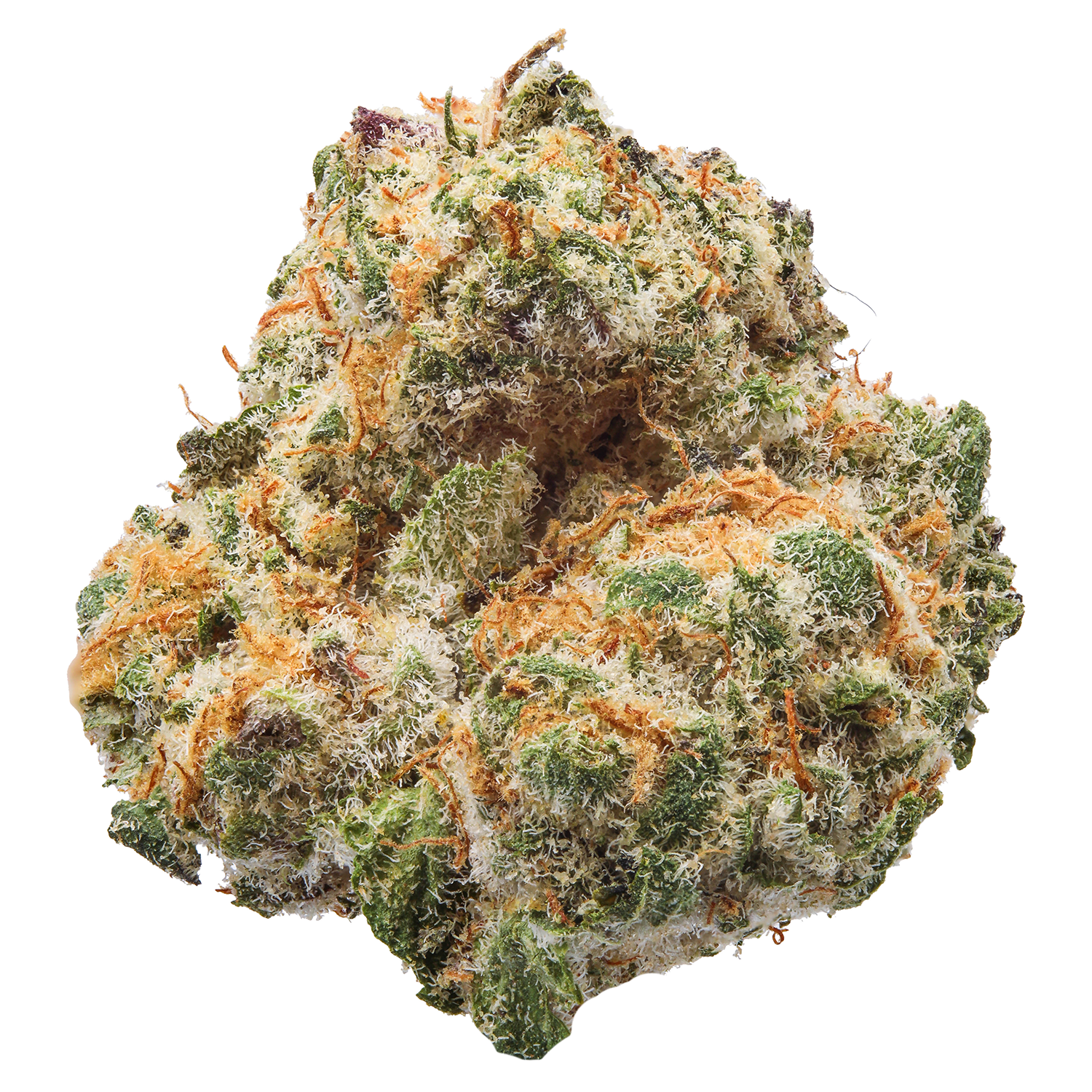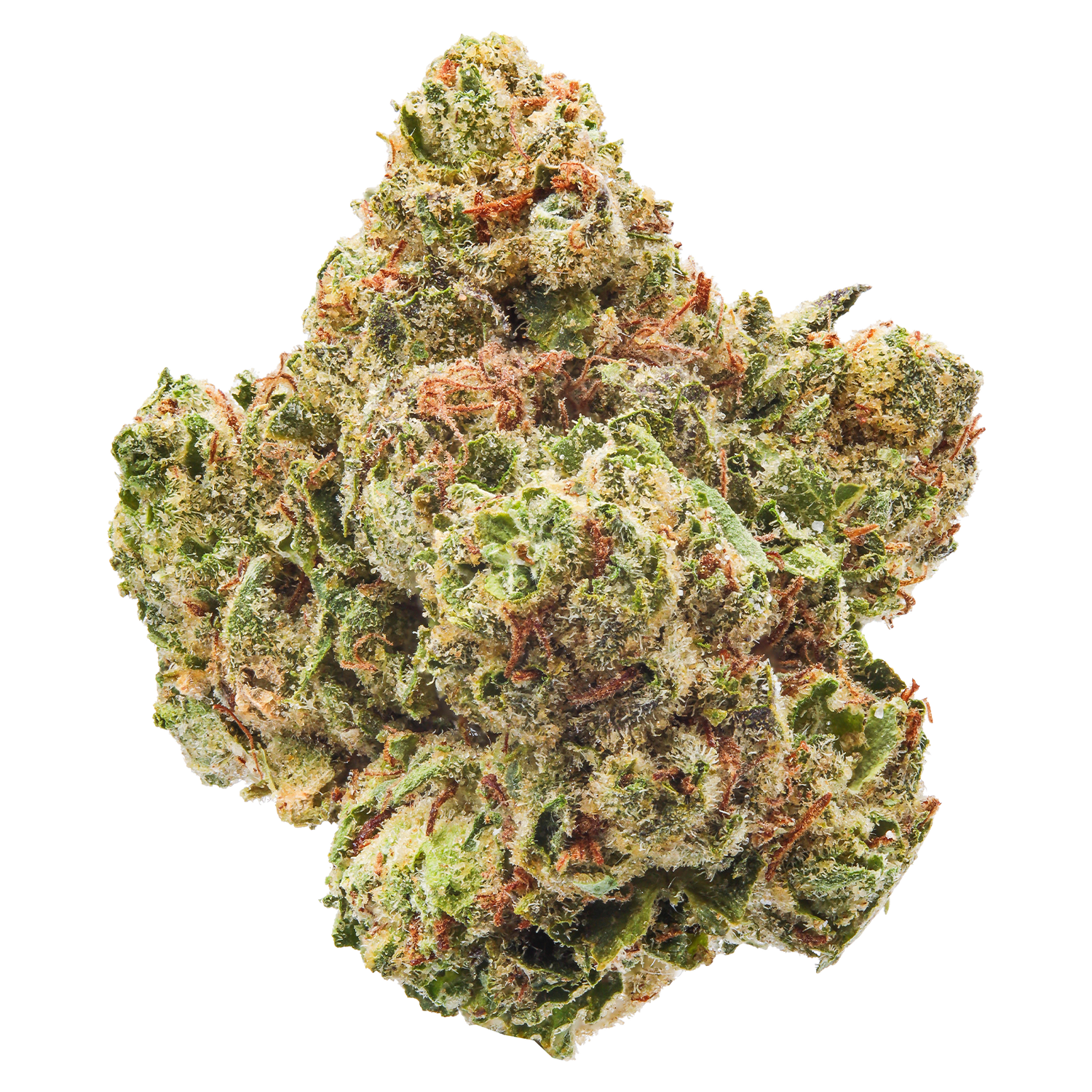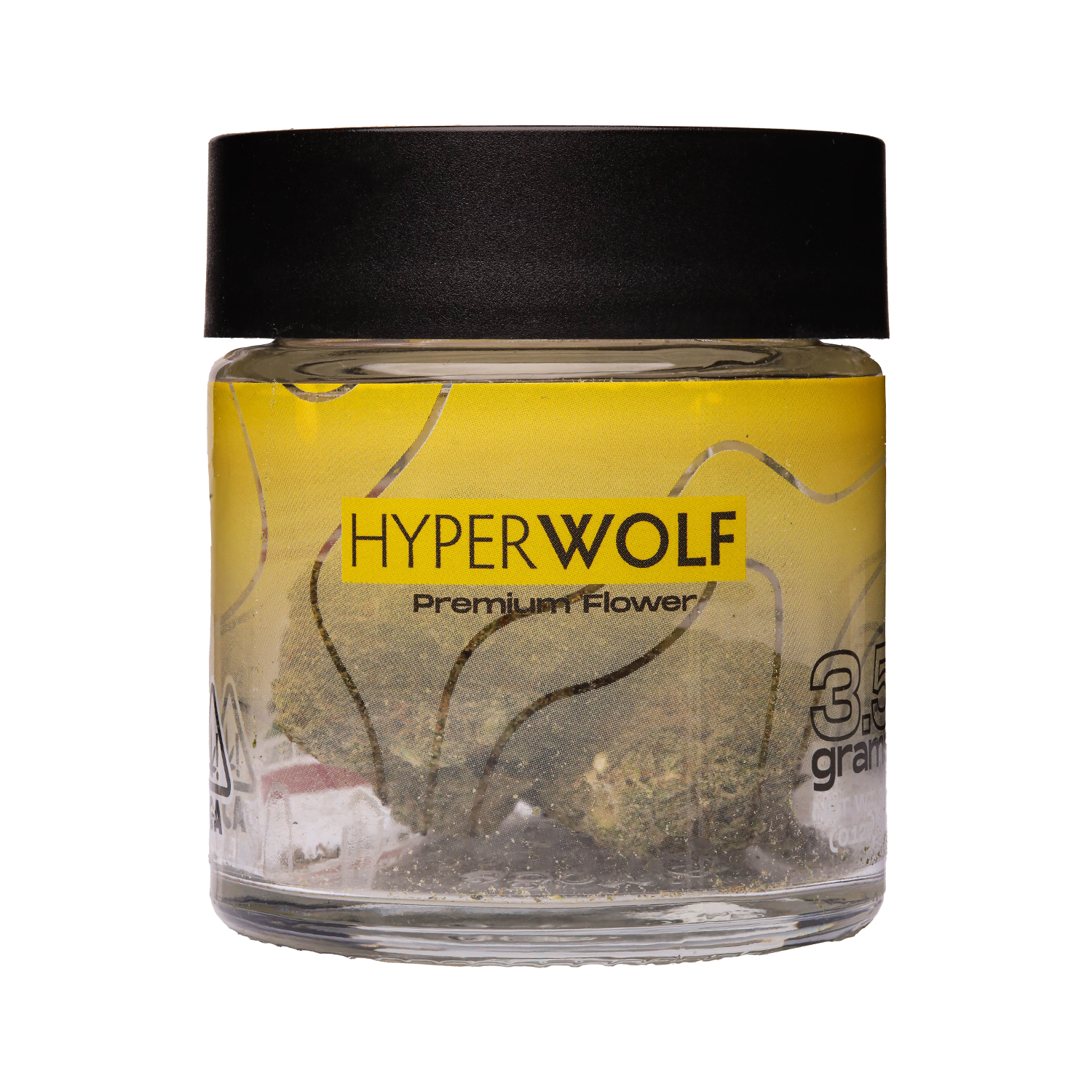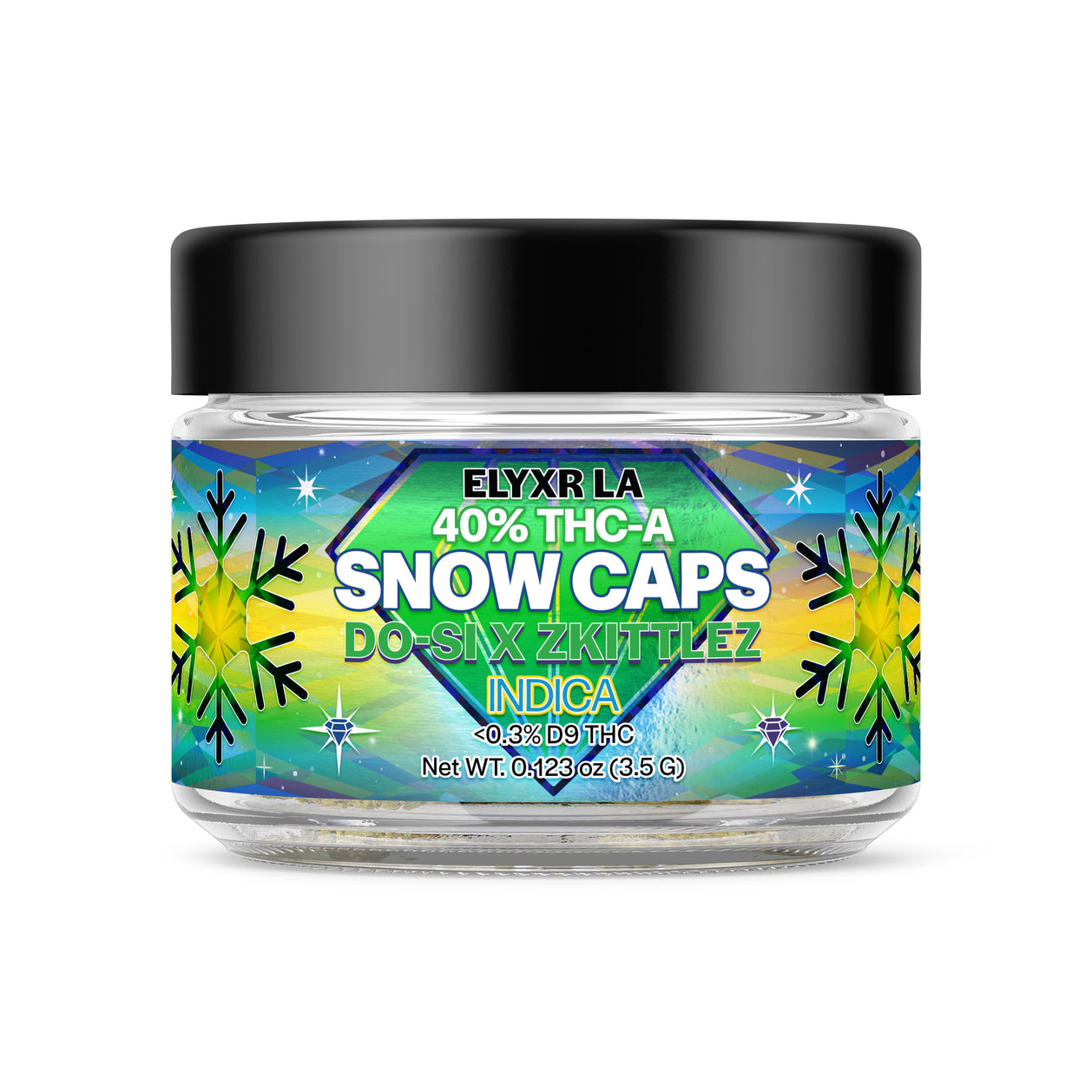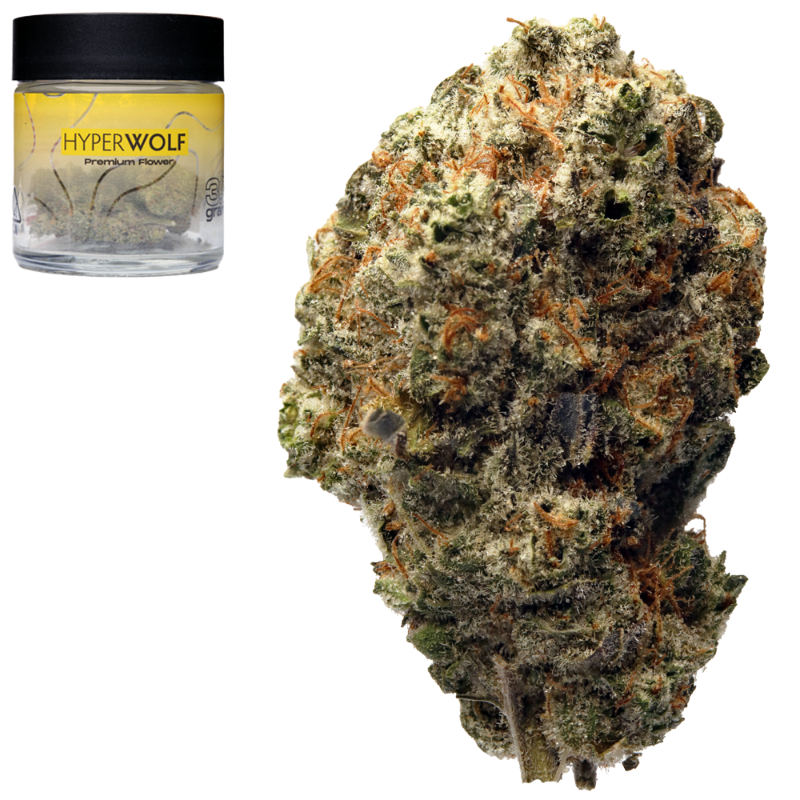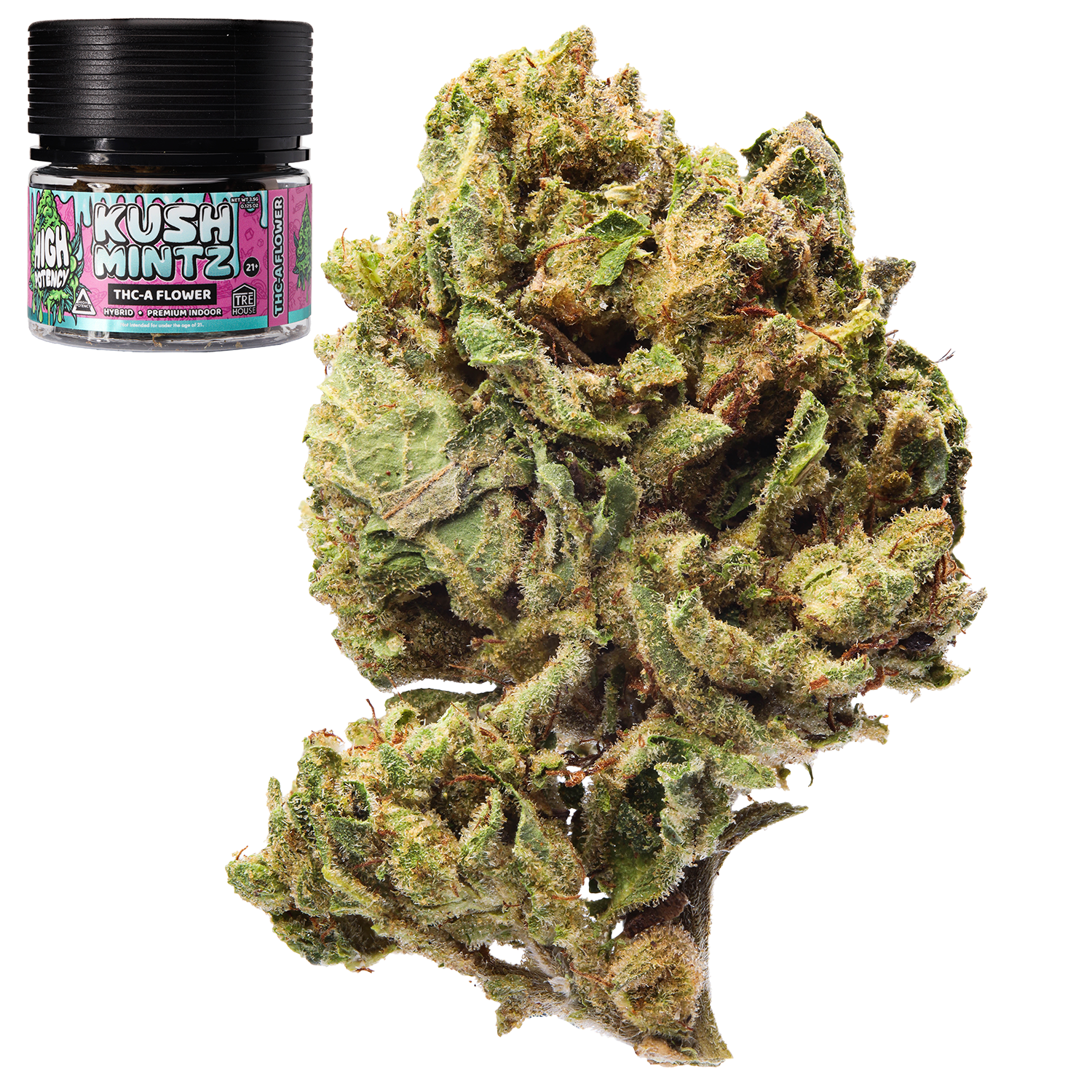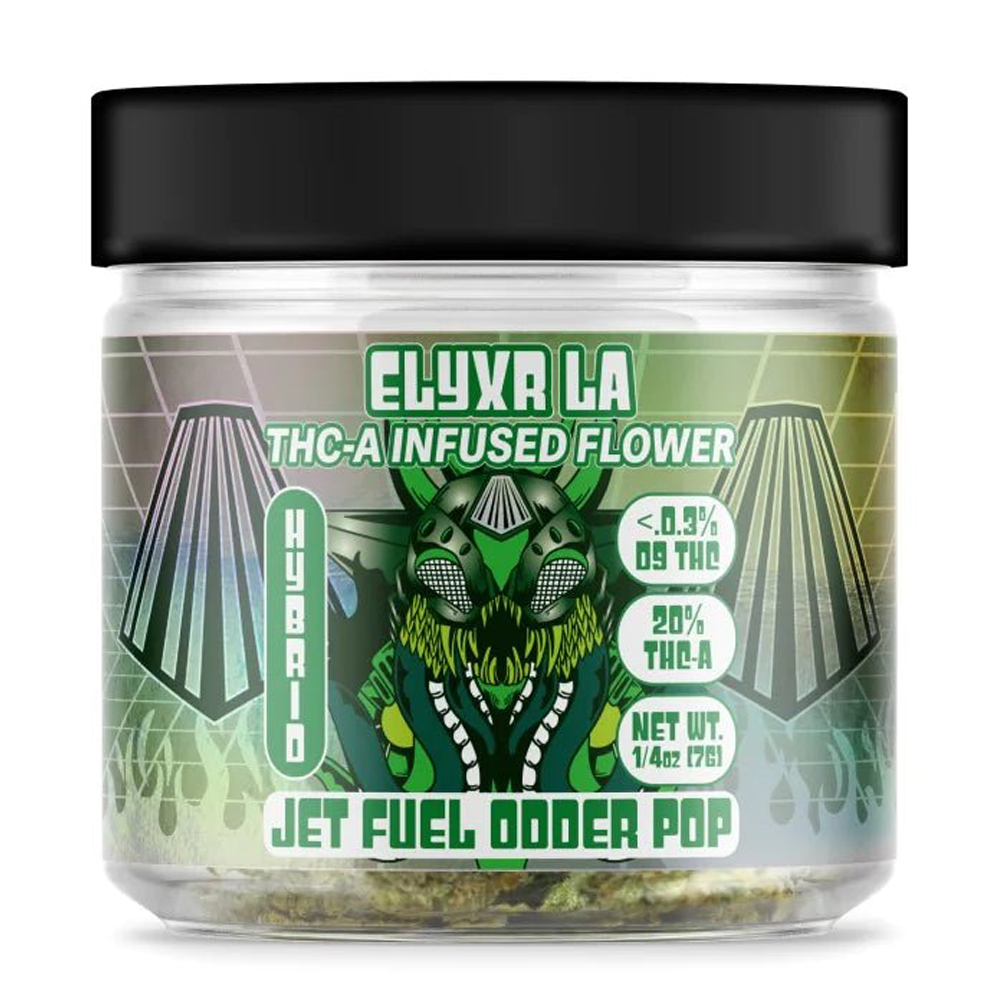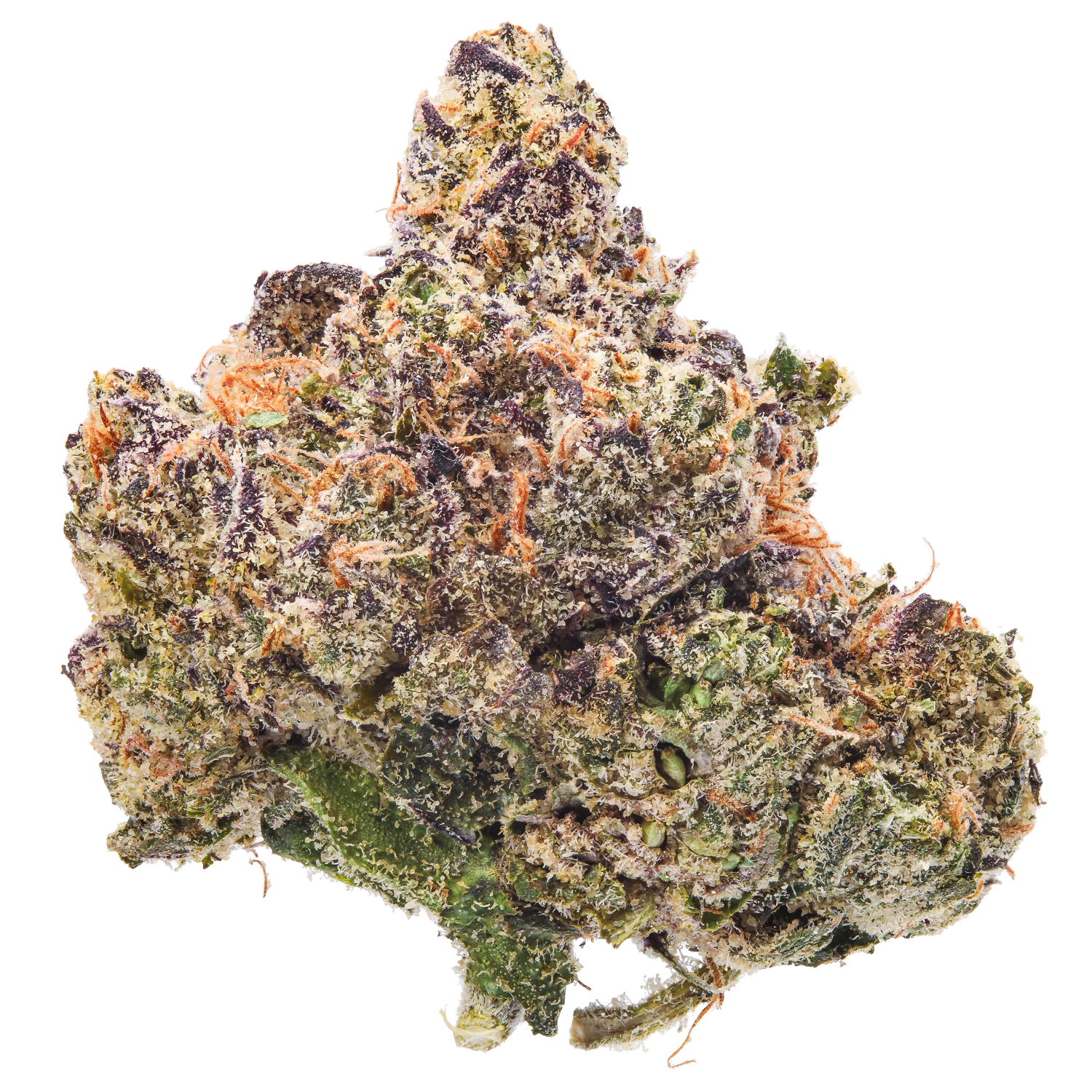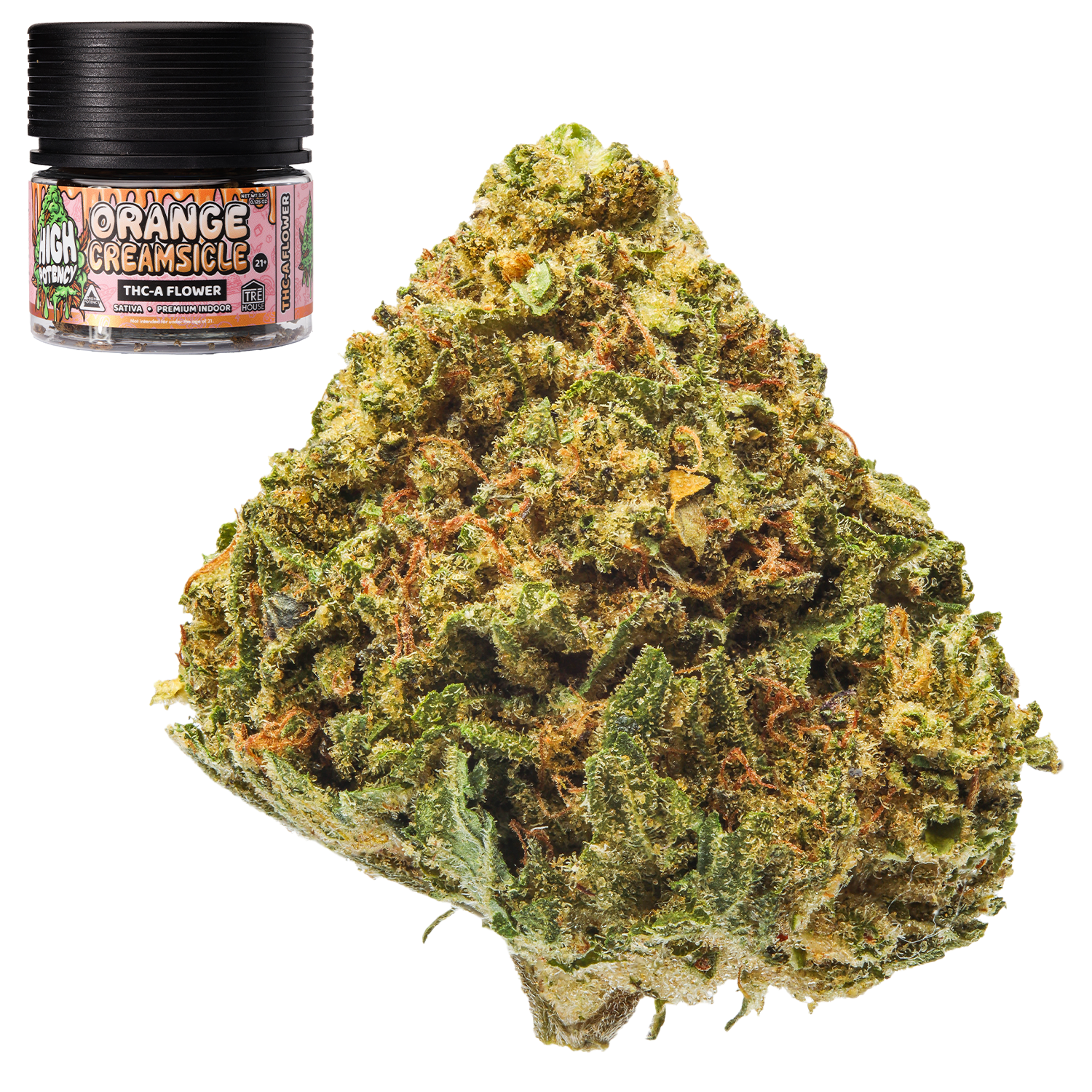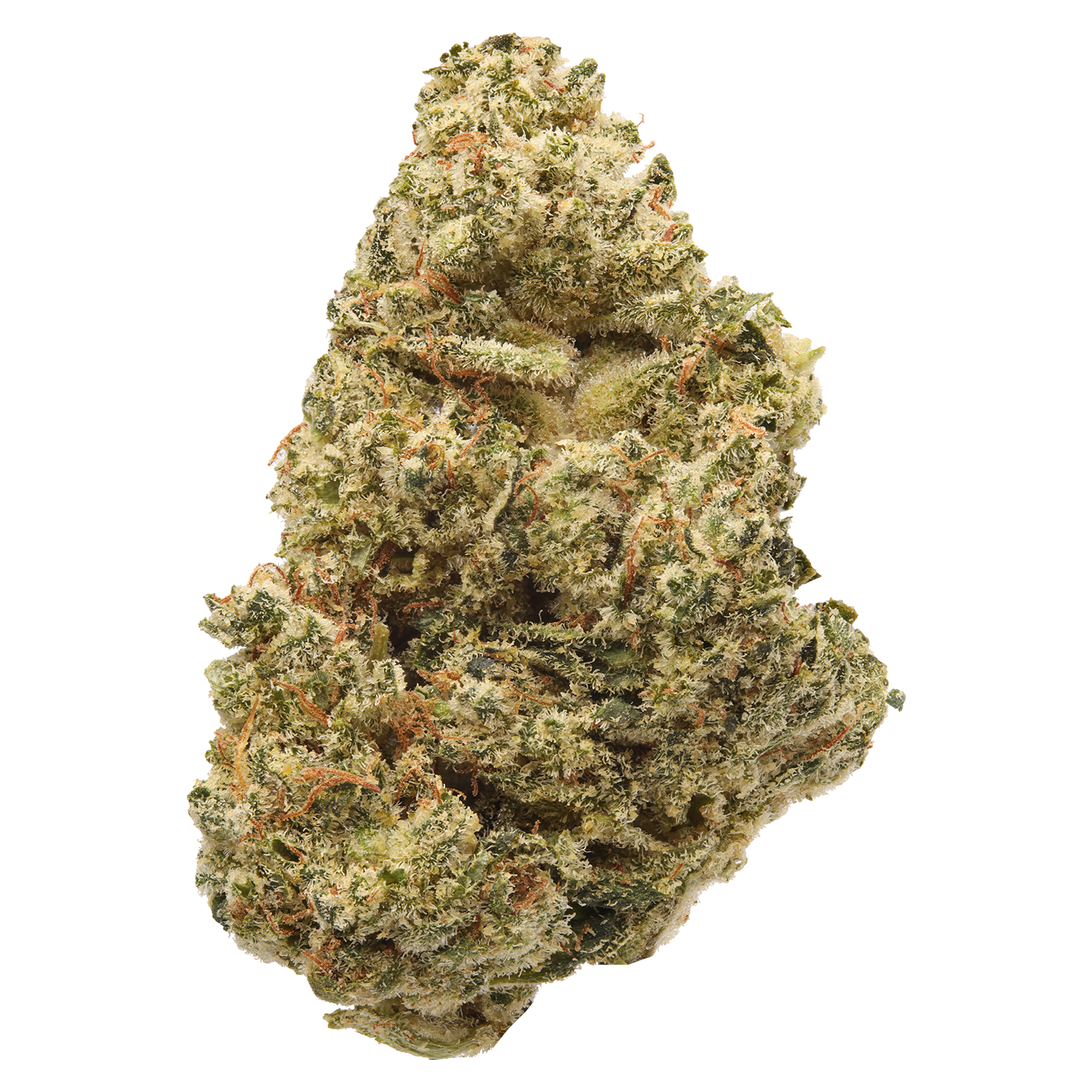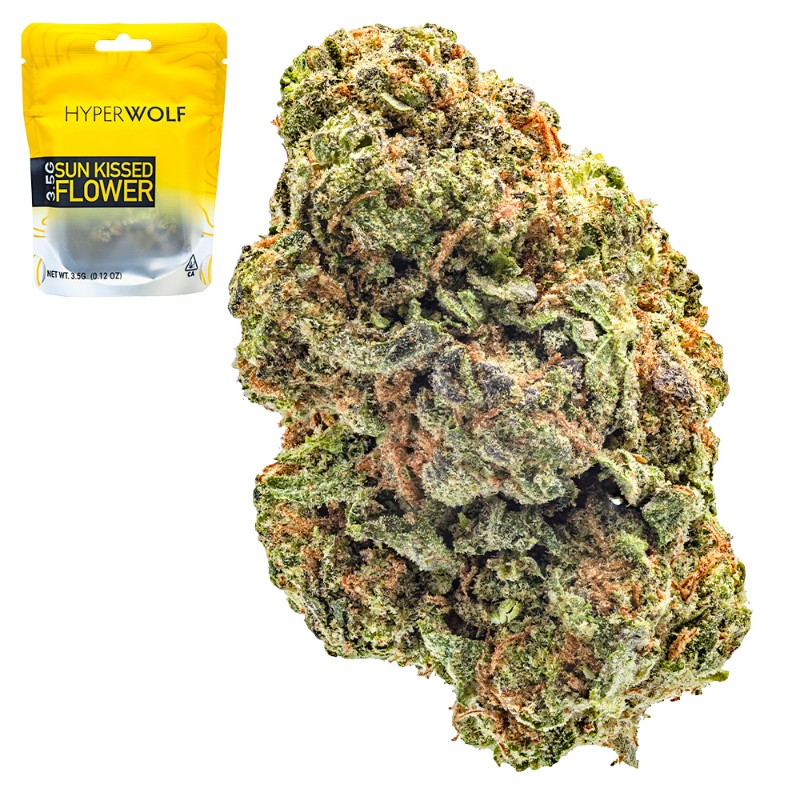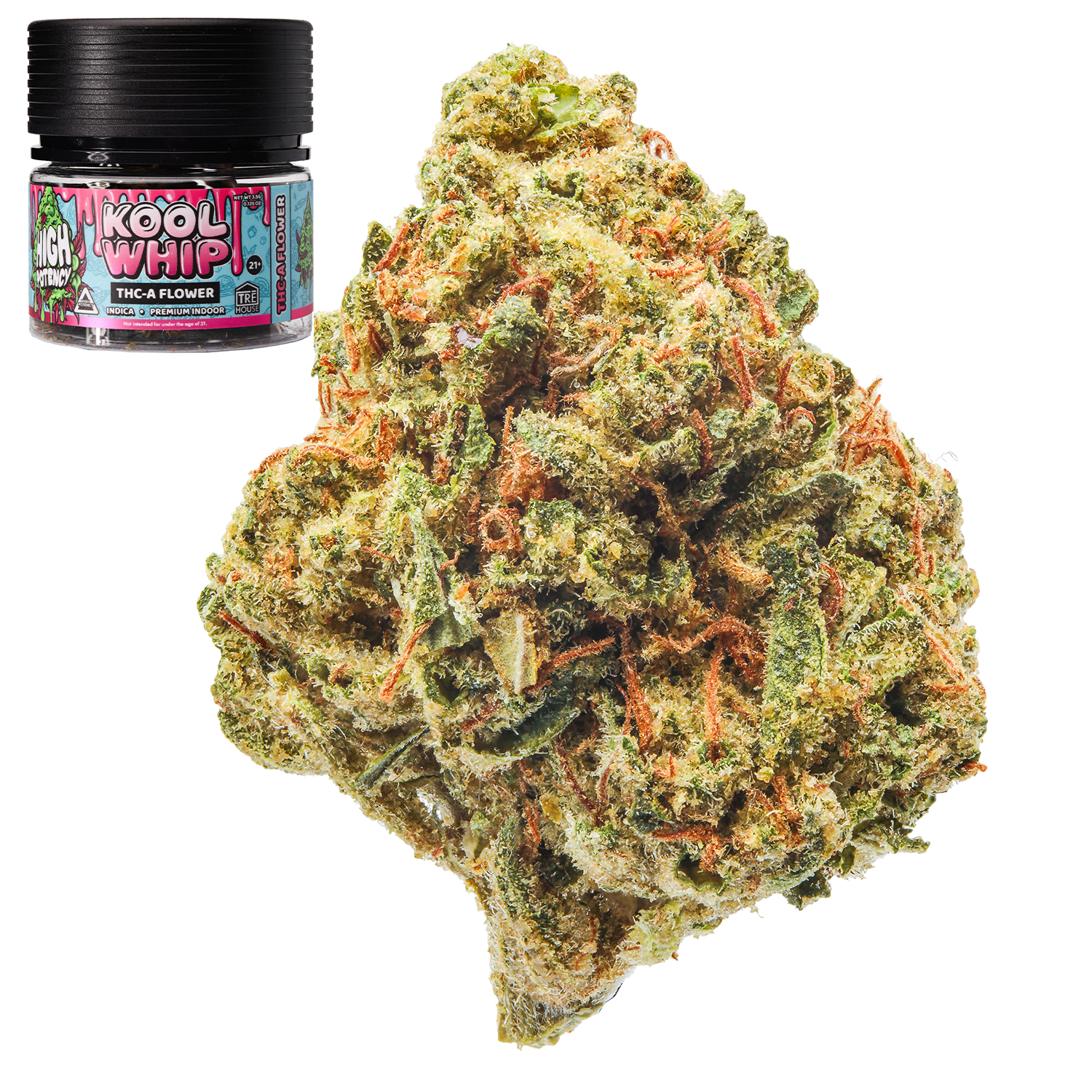When you crack open a fresh jar of bud and catch a blast of citrusy aroma, there’s a good chance you’re smelling limonene—one of the most common and recognizable terpenes found in cannabis.
Terpenes don’t just make your weed smell and taste a certain way; they also play a powerful role in how it makes you feel. Limonene, in particular, stands out for its energizing, mood-lifting, and potentially therapeutic effects that go way beyond good vibes.
In this guide, we’re taking a deep dive into limonene terpene effects, from the science behind how it works in your body to the benefits it might offer—and why you might want to seek it out next time you’re choosing a strain.
What Is Limonene?
Limonene is a naturally occurring terpene—a type of aromatic compound—that’s found in the rinds of citrus fruits like lemons, oranges, and limes. If you’ve ever peeled a fresh orange and been hit with a zesty scent, you’ve experienced limonene firsthand. But citrus fruits aren’t the only place this compound shows up. Limonene is also found in peppermint, rosemary, and juniper, and it’s a common ingredient in cleaning products, cosmetics, and food flavorings.
There are two main forms of limonene: D-limonene and L-limonene. D-limonene is the variety most often associated with cannabis—it carries that signature citrus essential oil aroma and is the one most commonly studied for therapeutic use. Structurally, limonene is classified as a monoterpene, which means it’s one of the smaller, more volatile terpenes. This makes it a key player in both the scent profile and the potential effects of a strain.
In cannabis, limonene is a secondary metabolite—meaning it doesn’t directly impact the plant’s growth but plays a huge role in how we, as humans, experience the end product.

How Limonene Works in the Body
Limonene doesn’t bind directly to cannabinoid receptors like THC or CBD do, but it interacts with the body in other complex and fascinating ways. Once consumed—whether through inhalation, ingestion, or topical use—limonene is absorbed and metabolized quickly. It has a strong affinity for fatty tissues, including the brain, which could help explain its quick onset of effects when dabbed, vaped, or smoked.
Research suggests that limonene modulates several neurotransmitter systems, particularly those involved in mood regulation. It may increase serotonin and dopamine levels in certain parts of the brain, contributing to its reputation as a mood-lifter and natural stress reliever.
Limonene has also been shown to improve the bioavailability of other terpenes and cannabinoids, which is one reason it’s such a crucial part of the entourage effect. In a full-spectrum cannabis product, limonene might help other cannabis compounds absorb more efficiently and exert their effects more noticeably. This synergistic interaction between cannabinoids and terpenes is still being explored, but the early evidence is promising.
Effects of Limonene: What to Expect
The effects of limonene are often described as uplifting, energizing, and mentally clarifying. Think of it as the espresso shot of the terpene world—it won’t necessarily make you jittery or hyper, but it can give your mood a nice little boost and help you feel more alert.
Here are some common limonene effects, both anecdotal and supported by early research:
- Elevated mood: Many users report feeling more positive, clear-headed, and emotionally balanced after consuming limonene-heavy strains.
- Reduced stress and anxiety: While it doesn’t possess sedative effects, limonene seems to have calming effects on the nervous system, helping reduce cortisol levels and ease tension.
- Increased energy and focus: Strains with high limonene levels may help improve motivation, focus, and creativity—especially when paired with uplifting cannabinoids like THC or THCV.
- Mild anti-inflammatory effects: Limonene has shown promise in reducing inflammation and oxidative stress, which could support overall wellness.
Enhanced digestion: It may stimulate digestion and reduce nausea, making it potentially helpful for those with GI issues.
It’s important to note that effects vary depending on the full profile of the strain, including cannabinoid content and other terpenes. For example, a strain with high THC and limonene might feel very different from one with high CBD and limonene.
Therapeutic Benefits Backed by Research
While more clinical research on limonene in cannabis is still needed, especially in humans, a growing number of studies suggest that limonene offers legitimate therapeutic potential across several areas of health.
One of the most well-documented areas of research is its anti-anxiety and antidepressant effects. In rodent studies, limonene has been shown to reduce symptoms of stress and anxiety by modulating serotonin levels. These findings support anecdotal reports from cannabis users who feel calm yet clear-headed after consuming limonene-rich strains.
Limonene also has anti-inflammatory and analgesic properties that may help with pain relief. Its antioxidant effects allow it to combat free radical damage in cells, potentially offering neuroprotective benefits and supporting long-term brain health.
A particularly exciting area of study is limonene’s anti-cancer potential. In lab tests, D-limonene has demonstrated the ability to inhibit the growth of certain cancer cells, particularly in breast cancer tissue. One human study even showed that daily limonene supplementation reduced breast tumor markers over a short-term period. While these results are still preliminary and not specific to cannabis-derived limonene, they hint at fascinating future applications.
Lastly, limonene has been explored for immune system support and digestive health, thanks to its antimicrobial and antifungal properties. This makes it not just a terpene of interest in cannabis, but one worth paying attention to in broader wellness circles.

Limonene-Rich Cannabis Strains
If you’re looking to tap into the benefits of limonene, there’s no shortage of cannabis strains rich in this zesty terpene. Limonene is found in a wide variety of both sativa and indica-leaning cannabis plant strains, making it easy to tailor limonene strains based on your experience to your preferences.
Popular limonene-dominant strains include:
- Super Lemon Haze – A sativa-dominant strain known for its strong citrus aroma and energetic effects.
- Jack Herer – Uplifting and creative, this strain combines limonene with earthy and piney undertones.
- Do-Si-Dos – An indica-leaning hybrid with calming, body-heavy effects balanced by a bright citrus profile.
- Lemon OG – This strain offers relaxing effects with a fast onset, making it popular for stress relief.
- Wedding Cake – A sweet, tangy hybrid that often features a notable limonene presence, delivering balanced euphoria and calm.
When shopping for cannabis, look beyond strain names and check for lab-tested terpene profiles when possible. Products with certified limonene percentages will give you a better idea of how the strain might affect you and help you fine-tune your experience based on your goals—whether that’s more energy, less stress, or improved focus.
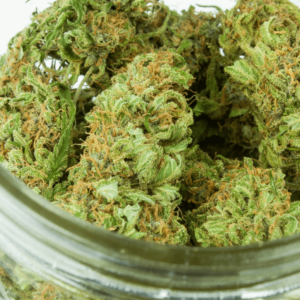
Final Thoughts: Limonene Terpene Effects
Limonene is more than just a nice-smelling terpene—it’s a powerhouse compound with potential benefits for mood, focus, stress, and even long-term health. Whether you’re a cannabis connoisseur or just terpene-curious, exploring strains high in limonene could open up a new dimension to your sessions.
That said, effects are always personal. Limonene might leave one person feeling refreshed and motivated, while another might find it calming and centering. As with anything cannabis-related, the key is to start low, go slow, and experiment mindfully.
So next time you’re picking out a strain or reading a lab label, give limonene a second glance. It might just become your new favorite terpene.
Frequently Asked Questions
1. What are the effects of terpene limonene?
Limonene is best known for its uplifting and mood-enhancing effects. It may help reduce stress and anxiety, boost energy and focus, and provide a sense of mental clarity. Many users also report that limonene-rich strains make them feel more motivated and upbeat without the jitters that can sometimes come with strong sativas.
2. Is limonene more sativa or indica?
While limonene is found in both sativa and indica strains, it’s more commonly associated with sativa-leaning effects like increased energy, euphoria, and creativity. However, the overall experience will depend on the strain’s complete cannabinoid and terpene profile, not just limonene alone.
3. What is the best terpene for anxiety?
Limonene is one of the top terpenes studied for anti-anxiety effects. Others that may help with anxiety include linalool (known for its calming, lavender-like aroma), myrcene (sedating and soothing), and beta-caryophyllene (a stress-relieving terpene that interacts with cannabinoid receptors). Everyone’s body chemistry is different, so some trial and error may be necessary to find the right combo.
4. What does limonene do for the body?
Limonene may offer several benefits for the body, including anti-inflammatory and antioxidant effects, improved digestion, immune system support, and even potential cancer-fighting properties. It may also enhance the absorption of other cannabinoids and terpenes, making it a key player in the entourage effect.





